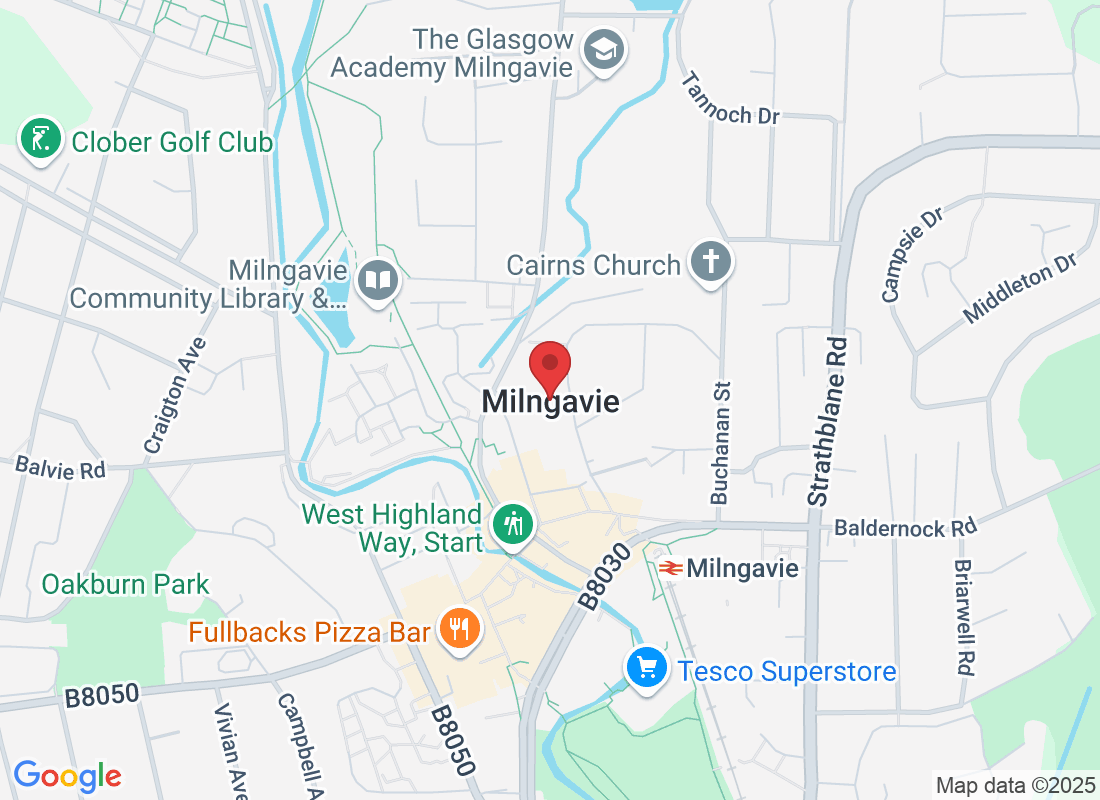
Understanding the Most Common Speech and Language Disorders in Adults
If speaking, understanding, or swallowing has become more difficult than it used to be, you’re not alone – and it’s not your fault. Many adults experience changes in their ability to communicate or eat safely due to health conditions, injuries, or neurological changes.
At Speech and Language Clinic Glasgow, we work closely with adults facing a range of speech and language difficulties. Our goal is simple: to help you communicate more easily and confidently, and to support safe, comfortable swallowing.
In this blog, we’ll walk you through some of the most common disorders we treat, what they mean, and how therapy can help you get back to living life on your terms.
1. Speech Clarity Difficulties
Let’s start with something we hear a lot: “People say they can’t quite understand me anymore.”
Speech clarity issues mean your voice might sound slurred, mumbled, or unclear. You may know exactly what you want to say – but the words come out in a way that’s hard for others to follow. This can happen for a number of reasons, including:
Muscle weakness (dysarthria)
Poor coordination of speech movements (apraxia)
Changes after a stroke or brain injury
Neurological conditions like Parkinson’s disease
This doesn’t just affect how others hear you – it can really knock your confidence. At our clinic, we help you strengthen the muscles involved in speech, slow down your rate, and use strategies to make your message clear again.
2. Expressive Aphasia
This form of aphasia happens when your brain knows what it wants to say, but the words don’t come out properly. You might:
Struggle to find the right word
Speak in short or incomplete sentences
Leave out small but important words
Get frustrated because your thoughts are clear – but speech won’t follow
Expressive aphasia often occurs after a stroke or brain injury, especially when the damage affects the language centres of the brain.
Therapy for expressive aphasia focuses on rebuilding word-finding skills, using visual cues and alternative communication strategies, and helping you feel more in control of your voice again.
3. Receptive Aphasia
Receptive aphasia is a bit different – it affects how you understand what others are saying.
You may find that words sound like a foreign language. Or people talk, and you catch only part of what they mean. Sometimes, it’s hard to follow conversations or instructions.
This condition also tends to happen after brain injuries or strokes – especially when the brain’s language comprehension areas are affected.
Our therapy approach includes practical listening exercises, simplified communication strategies, and tools to help you make sense of speech again.
We go at your pace, with plenty of support and encouragement along the way.
4. Swallowing Difficulties (Dysphagia)
Swallowing might not seem like it belongs in a “speech clinic” – but it’s actually a big part of what we help with.
Swallowing is a complex process that involves the same muscles and nerves used for speaking. When something goes wrong, it can lead to:
Coughing or choking while eating or drinking
A feeling that food is “stuck”
Unexplained weight loss or chest infections
Avoiding meals due to fear of discomfort
Dysphagia can develop after a stroke, in conditions like Parkinson’s, or following trauma or surgery.
We provide thorough swallowing assessments, teach safer ways to eat and drink, and introduce exercises to strengthen the swallowing muscles. Our priority is keeping you safe – and helping you enjoy food again.
5. Communication Changes After Brain Injury
A traumatic brain injury (TBI) can affect more than just speech – it can impact memory, attention, organisation, and social communication.
You might find it hard to:
Keep track of conversations
Stay on topic
Remember what you wanted to say
Manage fast-changing group discussions
This can be incredibly isolating. Our speech and language therapists work on functional communication goals – whether that’s managing conversations, planning your day, or using memory aids.
With support, many people find their voice again – even if the path looks a little different from before.
You’re Not Alone – Help Is Here
Living with a speech or swallowing disorder can feel overwhelming – especially if people around you don’t fully understand what it’s like. But we do.
At Speech and Language Clinic Glasgow, we see the person first – not the problem. Every therapy plan is tailored to your life, your challenges, and your goals. There’s no rush. Just steady, supportive progress.
If you’ve been struggling with speaking, understanding, or swallowing, we’re here to help.
You don’t have to navigate this alone.
Get in touch today to find out how we can support your journey back to confident communication and comfortable living.



